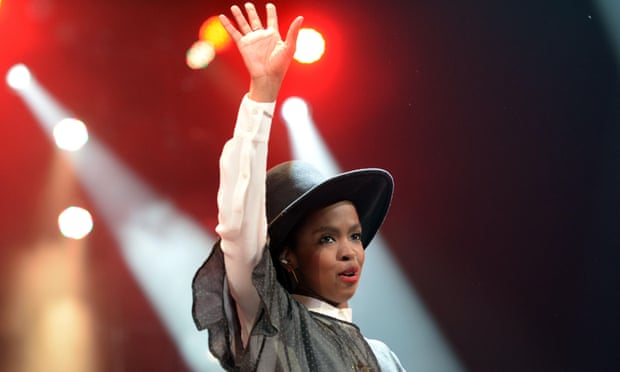Peace guys, before I go into this post I
must say that this is the last post of the whole blog…and it’s quite right to
look at the biggest issue in rap for the past 15 years…the idea that the Devil
is running rap through the Illuminati. The Illuminati is supposedly a secret
society that has been around for centuries but now allegedly have taken an
interest in rap music. Could be a good idea I guess, makes sense controlling
what the youth listen to right?
Since early hip-hop, rappers have been
speaking about this, in the Jay-Z song D'Evils, the chorus has the lyrics, ‘Illuminati want my mind, soul and body…Secret society
trying to keep their eye on me’. The second line can have a sinister double meaning,
with ‘eye’ hinting at the All-Seeing Eye often a trademark attributed to the
Illuminati as they are watching over literally EVERYTHING! But what is peculiar
is how in music videos these symbols, such as the All-Seeing Eye, are
everywhere. Take a look at this Jay-Z picture for example.
But several artists who allegedly are apart
of this secret Devil society have spoken about the allegations; Kanye said in
an interview how it doesn’t make sense for rappers to be part of it when people
who control energy companies would fit suitably. He also said how sometimes
with lyrics and music you have to have a compromise with record label
executives, so really the artists have no full creative responsibilities. And
that makes sense, like why would you make things like this so obvious?
Surely the point of a secret
society is to keep things secret? This issue has been spoken about for decades
in rap and I’m sure it will continue.
And it’s unfortunately here where I must
leave, it’s been good folks I hope I’ve shown you how religion and faith
has been prevalent in rap – if you have any comments feel free to drop them!!
Peace!




